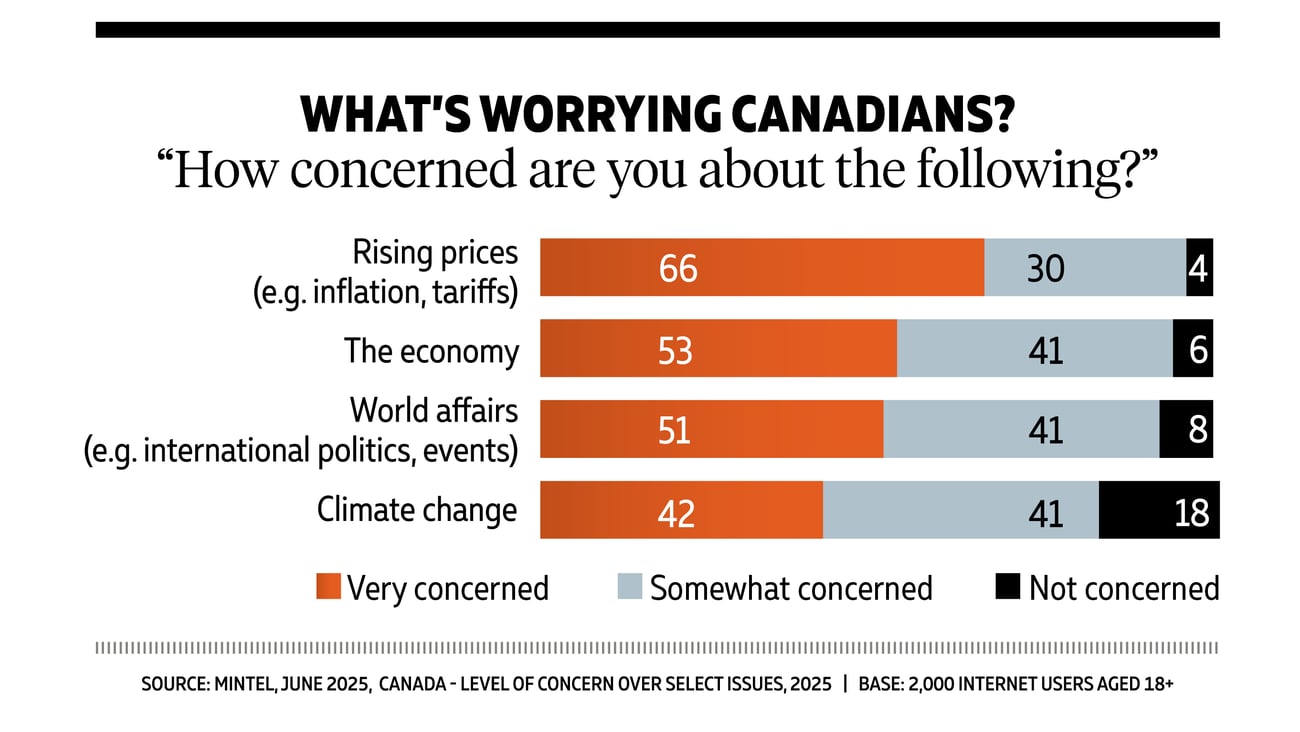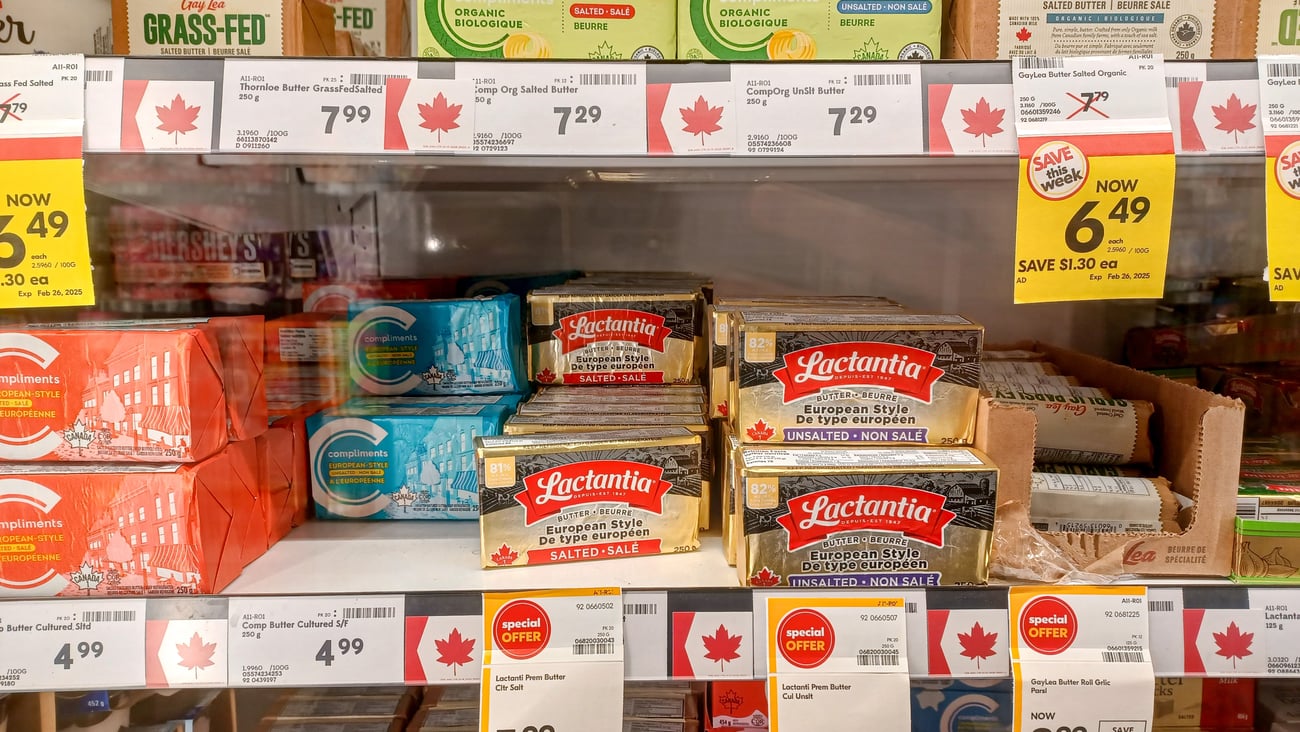From old traditions to new, a look at how newcomers celebrate special occasions
The impact of immigration on businesses in Canada cannot be overstated. Its influence on the country’s composition is vast, impacting the food, drink and retail industries.
Christmas, and the broader holiday season, are critical to retailers’ success. Indeed, all holidays make a difference. With Canada’s population becoming more culturally diverse, it’s reasonable to ask whether the focus should shift, in some respect, to reflect the celebrations of newer Canadians, who Mintel defines as those who have lived in Canada for less than 10 years.
The reality is, like all Canadians, most newcomers celebrate or participate in many “traditionally Canadian” holidays, with New Year’s Eve and Christmas being the most popular, according to Mintel Report Canada, Marketing to Newer Canadians, 2024. Even holidays such as Thanksgiving and Victoria Day are celebrated by most new Canadians.
READ: Capitalizing on the immigration boom
Many new Canadians also celebrate or participate in international cultural holidays, such as Eid al-Fitr, Chinese New Year and Diwali, according to the report. These findings highlight the importance of a broader range of celebrations that might have been overlooked in the past.
Helping new Canadians make holidays their own
Beyond the holidays that new Canadians mark, it’s worth looking at how they are likely to celebrate these occasions. For those new to the country, the concepts of community and family are evolving. New Canadians are significantly more likely to spend time with friends during celebrations than established Canadians. While many new Canadians also spend time with family, it is not to the same extent as those who have been in the country longer.
Gatherings over holidays occur universally, but the nature of these gatherings is distinct. For new Canadians, connecting with friends is more important, presenting opportunities to encourage them to create their own holiday traditions.
Holidays as a means to promote identity
For newcomers, connecting with traditional Canadian culture is a gradual process. Those who have lived in Canada for less than five years often feel more connected to their home culture. As their stay in Canada lengthens, however, they become more likely to connect with Canadian culture, which speaks to the notion of dual identities that many newcomers experience. It involves finding a balance between honouring customs from their home countries and embracing practices common in their adopted home.
READ: As Canada’s population diversifies, the definition of comfort food is evolving
Companies can engage with new Canadians by celebrating this dual identity. For example, they could explore ways to celebrate Canada Day or Victoria Day with influences from their home cultures, or integrate Canadian elements into cultural holidays such as Chinese New Year, Eid al-Fitr and Diwali. This dual identity sets them apart from both established Canadians and individuals in their home countries.
As immigration continues to drive Canada’s population, connecting with new Canadians during the holidays will become increasingly important. Traditions are deeply rooted, but there is room for change. Retailers and other companies that embrace these shifts will be better positioned to engage with an evolving demographic landscape.
This article was first published in Canadian Grocer’s December2024/January 2025 issue.






